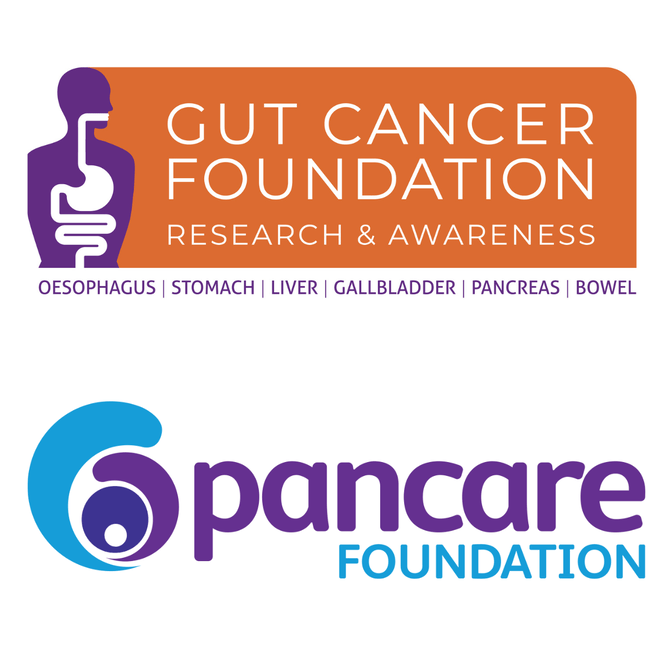Gut Cancer Foundation and Pancare Foundation unite for awareness and funding.
A unique partnership between leading cancer charities in New Zealand and Australia aims to lift survival rates and improve quality of life for patients suffering from cancers of the upper digestive system, known as upper gastrointestinal (GI) cancers.
The Gut Cancer Foundation has signed an agreement with Australia’s Pancare Foundation to collaborate on a broad range of initiatives including co-investing in research, fundraising, sharing IP and digital assets and others, all with the aim of improving outcomes for upper GI patients.
Upper GI cancers include pancreatic, liver, stomach, biliary and oesophageal cancers. In New Zealand these deadly cancers have the same survival rate they had in the 1970s ranging from 12% for pancreatic cancer to 29% for stomach cancer.
Collectively these cancers represent a leading cause of cancer deaths in New Zealand and Australia, however upper GI cancers receive very little government funding and have low awareness, in part because of the short life expectancy of patients after diagnosis. By 2035, 2,000 New Zealanders will be diagnosed with cancers of the upper digestive system every year, with over 1,500 deaths annually.
Upper GI patients and their families experience some of the poorest quality of life outcomes due to the debilitating nature of these conditions and were heavily reliant on the support services provided by these organisations.
The Gut Cancer Foundation funds innovative research and is the voice of cancers of the digestive system, providing vital information and education to improve and save the lives of New Zealanders impacted by both upper and lower GI cancers.
Alongside research the foundation is committed to achieving equitable outcomes for all New Zealanders with a focus on improving outcomes for Māori, addressing the current lack of funding and awareness, and developing comprehensive resources for patients and whānau to help address a lack of information for these cancers.
“This unique partnership is great news for patients and their carers affected by gut cancers in New Zealand. The Gut Cancer Foundation has been keen to expand into the critical area of patient support for some time, however our resources can only stretch so far, particularly in these challenging economic times,” said Gut Cancer Foundation CEO Liam Willis.
“This agreement means New Zealanders suffering from upper GI cancers will now have access to the wealth of expertise and experience developed by Pancare in the delivery of patient support over more than a decade.
“Bringing this capability to New Zealand will make real change in the lives of patients suffering from these deadly cancers. Similarly, we are delighted to be able to share our best practice initiatives and insights with Pancare and cancer sufferers across the Tasman and contribute to an improved quality of life.”
Since 2011, Pancare has been committed to raising awareness, supporting families and funding research for upper GI cancers. Pancare delivers specialised and comprehensive biopsychosocial supportive care to patients and their families through the PanSupport program, which provides specialist telehealth nurses, counselling and mental wellbeing, diet and physical wellbeing, financial assistance, advanced care planning and clinical trial access.
“It’s a no brainer for charitable organisations like Pancare and the Gut Cancer Foundation to work together, share experiences and opportunities, and make sure the finite fundraising dollar goes further. Our shared goal is to deliver high quality support services to more patients and together we can do better,” said Pancare CEO Doug Hawkins.
“Charities have limited resources and increasing cost of living pressures are impacting patients and their families. We have an obligation to do the best we can for them with what’s available and collaboration between like-minded and fully aligned organisations will create efficiencies and eliminate duplication.
“We are trying to solve the same complex problems, just in different locations, so it makes perfect sense to share our knowledge and expertise and put patients first,” said Mr Hawkins.
